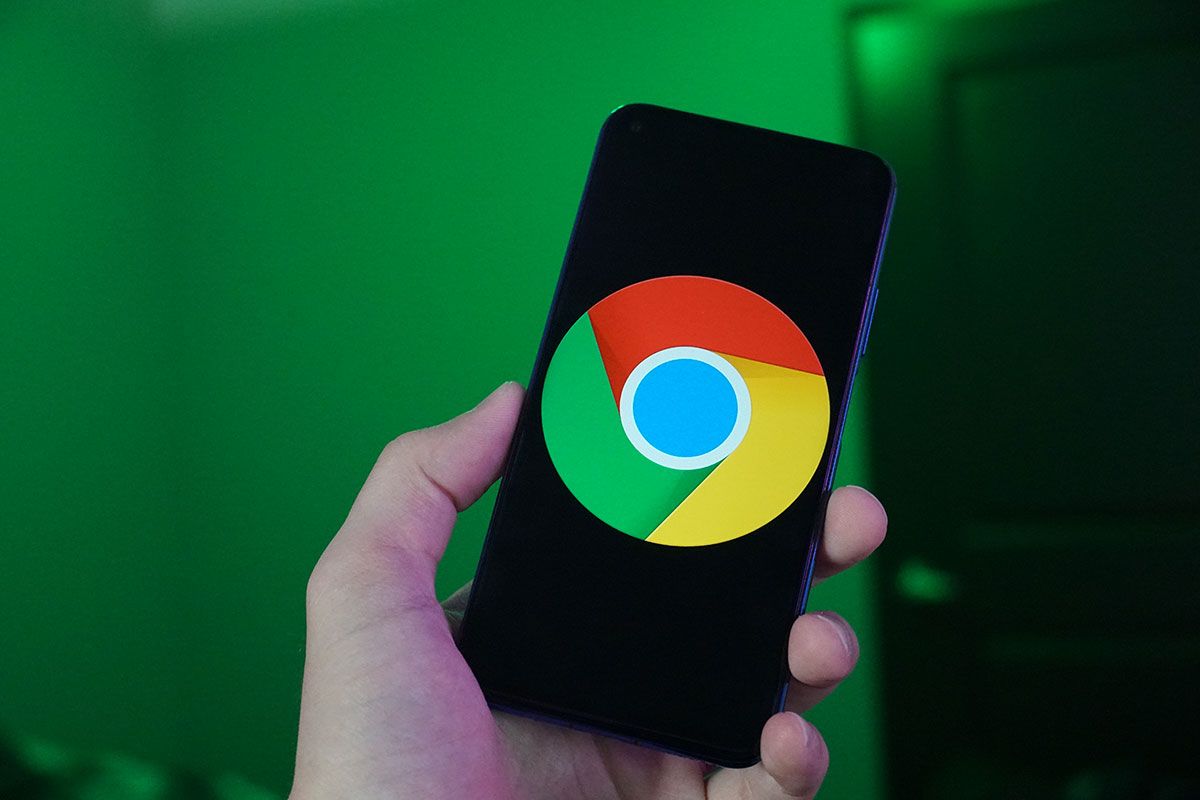The first version of Android to support 64-bit architecture was Android 5.0 Lollipop, launched in 2014. That was a pretty big deal at the time, and nowadays, nearly all Android devices can run 64-bit apps. Speaking of which, starting with Google Chrome 85, the browser is now being released in a 64-bit version for Android 10 and above devices.
Currently, despite many Android devices shipping with 64-bit processors, there's nothing forcing developers to exclusively support it. Google has been slow to require apps to have 64-bit support, though that changes on August 1st, 2021, at least for native apps. Google is finally releasing a 64-bit version of Chrome right now, though the app only supports Android devices running at least Android 10.
If you visit chrome://version on the Stable (83) and Beta (84) builds of Chrome for Android, you'll see they are listed as 32-bit applications. However, Dev (85) and Canary (86) builds show 64-bit. According to Android Police, the 64-bit version is only appearing on Android 10 devices, which doesn't actually account for many users at this time.
Android's transition to 64-bit apps has been a long time coming. Support for 64-bit has been present for 6 years, and while Apple dropped support for 32-bit apps in iOS in 2017, Google has lagged behind. In 2017, Google started requiring apps that utilize native libraries to have a 64-bit alternative. As mentioned, it's not actively punishing (native) apps without 64-bit support until August 2021. Eventually, we won't be seeing any new Android devices with 32-bit processors, and Android itself may only support 64-bit devices. When that time comes, Google Chrome will be ready for the transition.
Source: Android Police

